Behold our FTC disclosure masterpiece here. The following article was last updated on Nov 22, 2024 ...
New Vs. Knew: Rider Training For Would-Be Experts
Let's talk rider training, shall we? It's dry here in New Mexico, dry enough that I find myself arcing full-on lightning bolts whenever I reach for a doorknob. I want whatever's on the other side of that door but the sudden bond of pain inducing circuitry stuns me, hurts a bit, distracting me from why I was there in the first place.
“Finding rider training that best fits our personal goals means overcoming ego and embracing new perspectives.”
Gathering with fellow motorcyclists to level up our riding game, obtain new perspectives and achieve personal goals via next-level rider training can all too often mirror this painfully electrifying ordeal. It's hard to admit why, even harder to let go of ... but it's ego. Many riders want to get better at motorcycling, but only if their single most important condition is met:
"Those who've never met me and are unfamiliar with the incredible-yet-undocumented motorcycling wisdom I'm a legend in my own mind for shall respect my royal albeit nameless presence from the very beginning!"
It's "motorcycle Jesus" syndrome, a self defeating game, one that yours truly can conjure with Napoleon insecurity on command. Fortunately, time mellows some (never all, but often a few) who'll bypass that internal battle and reap the reward in spades. Interesting methods to move about on two wheels slowly, quickly, technically, stunting-ly ... whatever the curriculum provides.
This of course triggers all sorts of questions, not the least of which is: "If new riding knowledge is an infinitely giant cake, how can learners work up the gumption to nab a slice without gripping our plastic sporks in battle posture?"
Hey. Check Your Junk. You're Standing On It.
Lots of riders want to learn more but compulsively seek validation from everyone around them first. This is just one of many adverse obstacles between riders and the ability to learn 'n' earn such head nods. For some, it's crazy difficult to walk in with one of the following smile inducing mindsets:
- "I don't know anything about this and am excited to participate."
- "I know a thing or two about this and want to improve on the topic."
- "I've done this plenty of times but could always use more practice."
... and yet, if we do the work while thinking vertically, we get what we paid for.
The biggest roadblock would-be learners face comes in the form of our own reflection. It's not always easy to trip the breakers on that subconscious defense mechanism. Instead we see every unfamiliar soul as an outside threat to our mental and emotional well being.
I'm here to imply that what is sometimes this:
"Oh yeah? I'm a motorcyclist, too! In fact, I bet I'm more motorcycleeeee than anyone here. I'll even prove it by reinventing the wheel as a square paperweight rather than signing up for training, doing the work and becoming what I claim to already be."
Can be translated using adulthood and positive interaction to:
"Oh yeah? You're a motorcyclist too? Cool! Maybe you'll do some super cool stuff based on what the professionals here show us and I'll have an example to work off of! My name is not-an-entitled-pompous-insecure-loudmouth-gaslighting-sociopath-with-bizarre-dual-maternal-and-paternal-complexes. What's yours?"
But this friction, it ain't always our fault. Our attention can be swayed by text we read while researching sources for the training we desire. Ignoring crossfire between one learning environment and another is in fact the first step in getting out of our own way and subsequently, becoming a better motorcyclist. And you do want to become a better motorcyclist, right? Let's take an alternate route for a moment.
The Only Thing To Be Intolerant Of Is Intolerance
Culture, politics, religion ... or lack of any of these, I'd love to label bike brand fanatics the most intolerant but that's not the case.
The reason our "Great Battle of the Rider Training Curriculums" doesn't appear in high school history books is because the concept is boringly stupid. Our most obvious targets, that of the MSF and Total Control, only fuel the debate through their opinions of themselves. Yawn.
Being an MSF RiderCoach myself, I've heard numerous suggestions that the absolutist delivery of any Total Control training actually equates to "Over Control", eliminating any space for students to consider alternative a/b approaches to various riding situations. Having a direct personal relationship with multiple Total Control instructors who sign up for our group tours, know that my blanket statement about MSF RiderCoach commentary (not all RiderCoaches feel this way) misses the mark. While Total Control offers less methodology from one riding scenario to the next, they do offer a proficient avenue that's reliable and well suited for systematic learners.
Then there's the TC side. It would seem their take on all things MSF is that their rider training doesn't forcibly stipulate what is "the" way to do any one thing. With clarity and eloquence, Total Control's marketing team will bark about how the MSF's softer, "you can do it, Billy!" pat-on-the-head and "how did everybody feel about what Billy shared today?" mentality doesn't ready students for real world motorcycling. This is an equally craptastic observation. The MSF wants their students riding on the range as much as safely possible, with room for self assessment during each break, employing data-driven focus material instead of amplified sarcasm and dictation.
The loud-mouthed ping-pong effect of these two goliaths within motorcycling overshadows alternative platforms. California Superbike School, Lock & Lean Precision Training, even Stunt Schools among many (many many) others aren't sought after as much as they could/should be because of louder enterprises keeping to their dominating authority and sometimes political status. Outside of enthusiast attention (our readers know all of these), great books go unnoticed as well, including but not limited to:
- Motorcycle Dynamics
- Moto-Jitsu
- Proficient Motorcycling
- Sport Riding Techniques
- The Soft Science of Road Racing Motorcycles
- The Total Motorcycling Manual
- Twist of the Wrist
To improve the situation, let's silence both our "expert ego" and advertising rhetoric. This helps refine the learning process. Basically, I'm saying let's pull the tablecloth for a clean slate.
Everything In Moderation, Especially Moderation
The answer to not asking Tesla for his post-mortem autograph every time we reach for a doorknob is ... flip the coin, meaning reach out and make contact with the back of our hand first. For those of us who often find ourselves in a defensive stance (mental or physical), one way to rewire is by translating all we see and hear into a positive version of itself. This frees our ability to retain new information, have a good time, exercise forward thinking and eventually remember having manufactured this optimistic point of view ourselves.
It also opens up the door to figure out exactly what it is we want, on our terms, in the peace and quiet of our own mindset.
A fine-tuned and fully curated set of personal objectives is all that's needed to begin the learning process. However, building these objectives demands fiercely honest self awareness and clear, discernible self assessment. We have to drop our guard, be honest with ourselves and ask:
“What riding issues would I like to improve and what training providers can help?”
With even a hint of an answer in our pocket, know that every type of rider training we can think of has its place. The one worth signing up for next is the one that caters to our ambitions and learning style. In my "war of the smug/snarky rider training courses" rant, my point is that while one platform promotes their own services, they'll also throw punches at the competition.
And assuming we've addressed our wants and needs, that makes finding the curriculum that's right for us that much harder.
The closer the square-peg-that-is-our-interests gets to a square hole, the louder other rider training providers shout how they're also a square. Even if they're a triangle. Or a Unitarian.
The Facts About Rider Training
The MSF, Total Control, Superbike, Lock & Lean, Stunt Schools ... they're all great, wonderful, incredibly useful, challenging opportunities to grow as a rider. That's right, each and every one of 'em. While completely different from one another, they're all equally good for any person seeking the unique type of training they offer.
MSF stands for "Motorcycle Safety Foundation" and with that, safety is the single most important message in play. Rather than treating instructions as some direct authority, RiderCoaches are there to facilitate learning (hence the "coach" part), inspiring a response from the students between each exercise for all to at least consider. The debrief questions for any given RiderCourse, beginner through advanced, tend to avoid discussion of individual rider skill, instead adding real world considerations that compliment whatever skill they develop (or already have). It's a neutral, positive learning environment that's constantly inviting anyone who signs up to be in charge of their own progress. That isn't to say it's easy, though!
Total Control, on the other hand, draws an excellent but far more exacting line toward riding with surgical focus and precision. Think of it as cutting a perfectly seasoned meal with a scalpel. If you want direct instruction and assertive reinforcement on definitive, reliable ways to accelerate, brake, corner and respond to environmental variables through repeat muscle memory and a slight smirk (fun) ... this might be the Rex Kwon Do you're looking for. The steps between learning levels (beginner, intermediate, advanced) are far taller than that of other curriculums. For those who like an exciting approach to performance riding, some of it at a racetrack, this is a damn fine time.
Rider Training Provider Fallout
Here's where other exceptional "miscellaneous" courses, all of them well known and fully established, come into play. The only reason they're perhaps less known is that a) no matter how passionate we are about motorcycling, we're still more of an overblown cult and b) they don't see any need to shout over the already loud banter between the MSF and Total control. Here we have these two great rider training platforms, each a completely different lane in learning, complaining how the other isn't enough like them. Of course, they're not ... that's a good thing ... that's the whole point!
So right here, right now, let's shine the light back on ourselves as people in search of new motorcycle learning. We're trying to get out of our own way, all while fending off the who/what/when/where/why flying off the screen during a Google search for "how to wheelie", "get a knee down" or "is this rash infected?". Yin vs yang, tit for tat, once we have a realistic view of what our goals actually are, make sure whatever it is we're signing up for does in fact mirror and answer that call. Below are a few self exploring questions:
- Who am I as a rider?
- What do I want to learn or improve on?
- When will it be happening?
- Where is the best source to obtain this information?
- Why do I feel this to be a logical development in my motorcycling career?
Once we've answered the above it's time to read, read and read some more about whatever rider training we're signing up for (YouTube isn't the enemy either). The aim is to preload before we enter the arena. Knowing what we're in for is as important as knowing what we're after.
We Don't Know What We Don't Know
The best approach for learning is to enter each new experience as a blank slate, a tabula rasa, a being free of its own ego, expectations and goals while open to accept all the universe has to teach in that moment. There's a balance between our goals and what is on the learning plate that day. These rarely match, no matter how much intarwebz research we do. Think about our goals beforehand, yes ... but then release those red balloons that morning and let them disappear without a trace.
To clarify, sure, have learning goals but also learn how and when to let them go to ensure maximum porosity.
TRO author Maggie Dean asked me "when was the last time you learned a new skill or improved on a current one?". My answer is a professional development workshop that took place in New Mexico. The way I learned was by fully trusting my instructor and actively mentioning when something did or didn't go well, requesting guidance as needed.
This takes willful humility and as an author who writes articles this frickin' long, trust me ... if I can do it, anyone can.
First, put on a pair of "adjustable tint horse blinders". Yeah, I know, another cryptic analogy. The idea here is, if we mentally dial in that perfect amount of sunshine (focus/comprehension/practice) while filtering out the UV (ego/bias/partiality), not only can we calmly ascertain the extent of any challenge, we can enjoy rising to it.
Then there's that little voice in our head that's ready to defend our current understanding of anything, against anything that would challenge that understanding. If we're gonna have a good time and get all we can out of an event, we gotta tell that nagging wet sock to shut up, flat out. One way to do this is by fine tuning our breathing habits.
Yes, there are scientifically proven truths about meditation and yes, that science can be applied to rider training. There's no need to go into detail here but whenever I'm riding at speed, sometimes a speed at which non-riders and weekend warriors ask how I remain calm, the answer is I'm inhaling slowly, then exhaling reeeally slooooowly. This is a far cry from "holding my breath as long as I can". Instead, I breathe in while setting up for an action. Then, I breathe out slowly while executing the entirety of that action.
You Have Rider Training Goals
Or, maybe you don't! Either way, if everything above reads too "granola" for ya, there's always the option of private training. Sure, the price point likely has a significant bump but to have a stage all to yourself for every question that comes to mind? Priceless. This eliminates outside intimidation or even the opposite if you're the type of person who gets "triggered".
If the price of solo admission is too steep, remember that BluBlocker horse blinder noise. Embrace the good and deflect the bad. I give you the following scenario:
Let's say we want to up our curve carving game by way of front side trail braking, so we sign up for Jon DelVecchio's Cornering Confidence. On arrival, there we are with five or six fellow riders. With performance riding, there's always a chance for social static to brew, so we take a slow breath, exhale and greet all around us with calm, abject welcome. Watch folks interact and adjust that horse blinder gamma to suit.
Remember. We're not here for them. We're here for the takeaway, though that doesn't mean we can't quietly make a new friend or two.
Out comes Jon, who promptly explains the first new concept we're to explore. It involves operating the handlebars with our feet and the pedals with our hands while our passenger navigates. This spider walk out of the exorcist has that internal voice absolutely screaming full angst. We have a choice here in that either this particular course just isn't for us - or - Jon is opening with a one liner. Having interviewed Jon for Radio TRO, rest assured it's the latter.
It's in this moment that we have to let ourselves return to new learner status. Consider new concepts even if they don't immediately line up with our current understanding or even world view. Even if the effects aren't adopted as some new absolute, other holes in our perspective might get puttied over in ways that benefit us. That or newly learned techniques will broaden our menu of mid-ride options. Either outcome may as well define the term "win win".
The End Is The Beginning
Our journey to become a better motorcyclist is a personal one, fraught with challenges and obstacles that are as much about overcoming our own egos as they are about mastering the physical skills of riding.
It's about acknowledging our limitations, embracing our vulnerabilities and being open to new encounters and perspectives. It's about stepping out of our comfort zone and into the unknown, trusting in the process and in the wisdom of those who have traveled the path before us. It's about setting aside our preconceived notions and biases and approaching each new learning opportunity with an open mind and a humble heart.
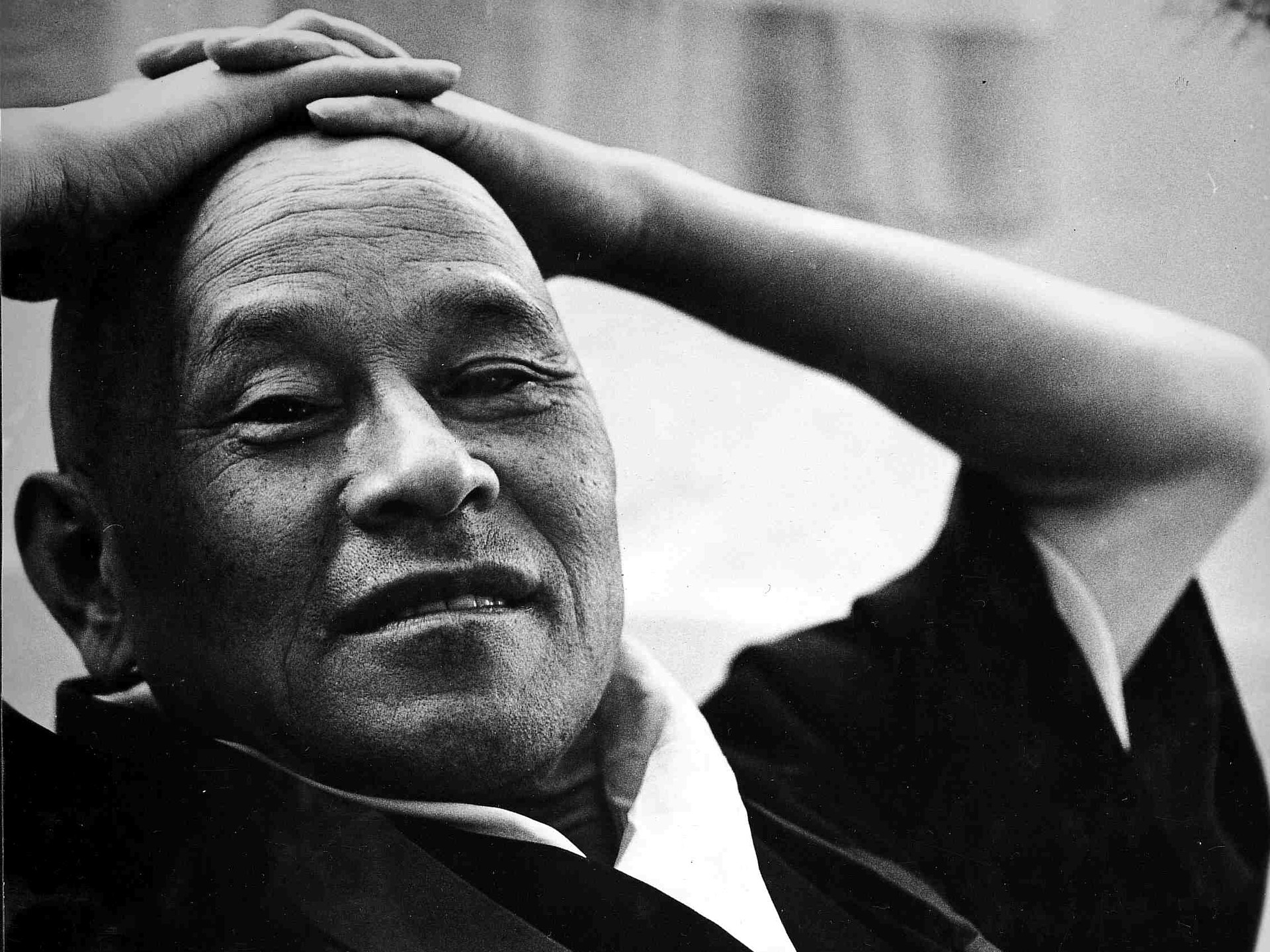
The world of rider training is vast and varied, offering copious options for riders of all skill levels and interests. Whether we're a novice looking to master the basics, experienced and seeking to refine our skills or a seasoned vet aiming to push our limits, there's training out there that fits the bill. The key is to enter into it with clear personal objectives (or lack thereof), a willingness to learn and a commitment to self-improvement.
All of this drops anchor over Shoshin, better known to the westerner as beginner's mind.
In the grand scheme of things, which training program we choose is less crucial than the attitude and mindset we bring to it. The most effective training is the one that challenges us, pushes us and ultimately, helps us grow as a rider. No matter how skilled or accomplished we become, there's always more to learn, more to explore and more to achieve.
So ride safe, ride smart and most importantly, ride smiling!
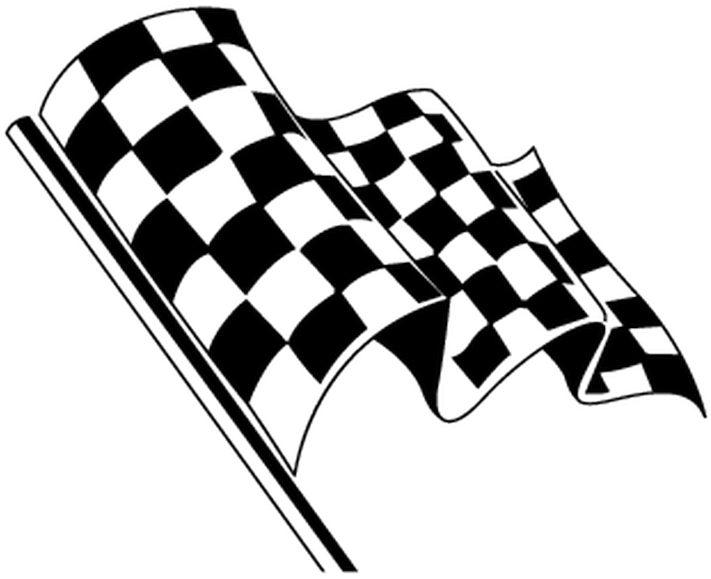
What Rider Training Curriculums Did We Miss?
There are countless great motorbike rider training resources available to motorcyclists today. Which ones have you tried? What did you like about each and why? Your input is invited. Leave a comment and/or write an article!
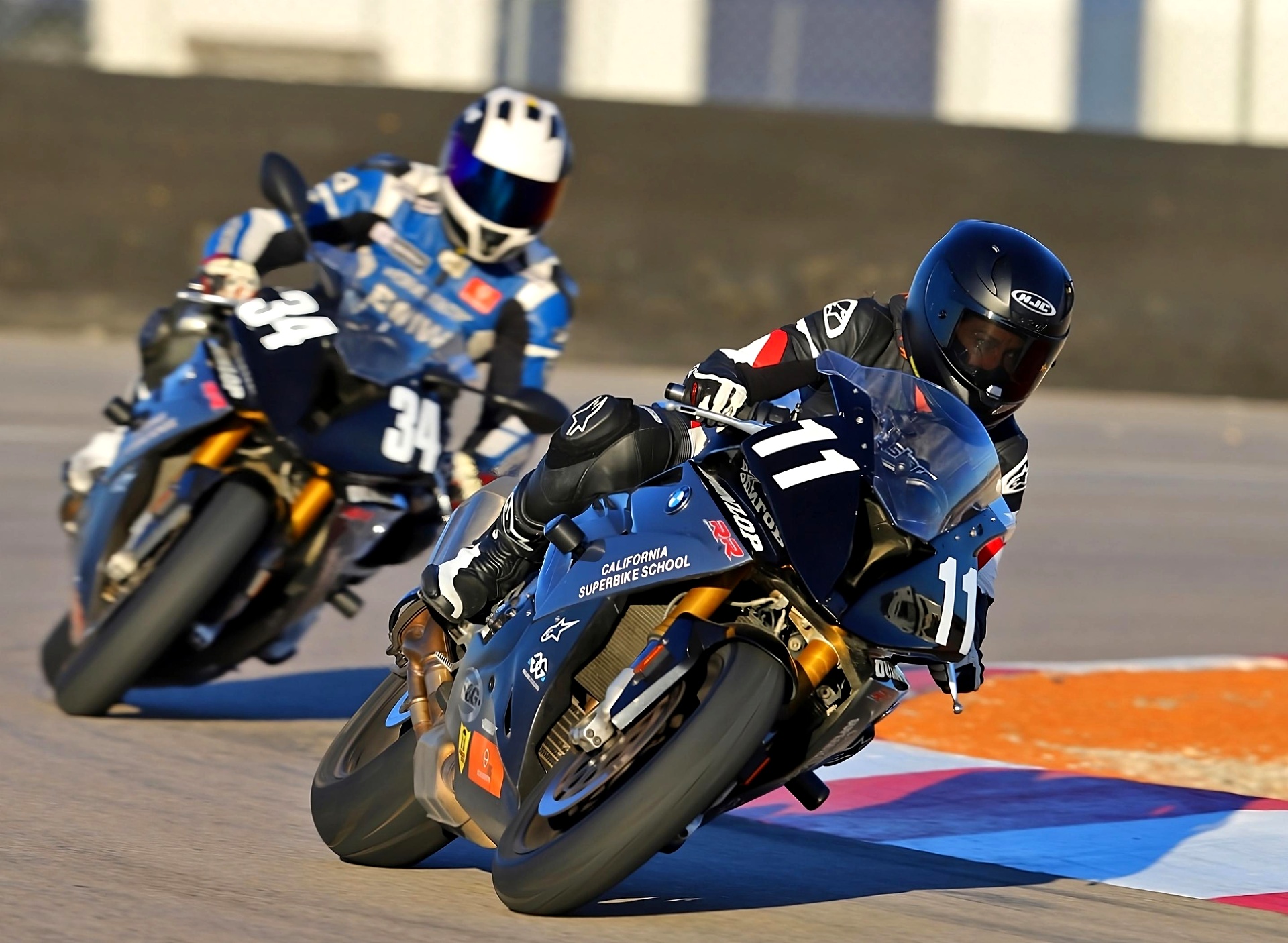
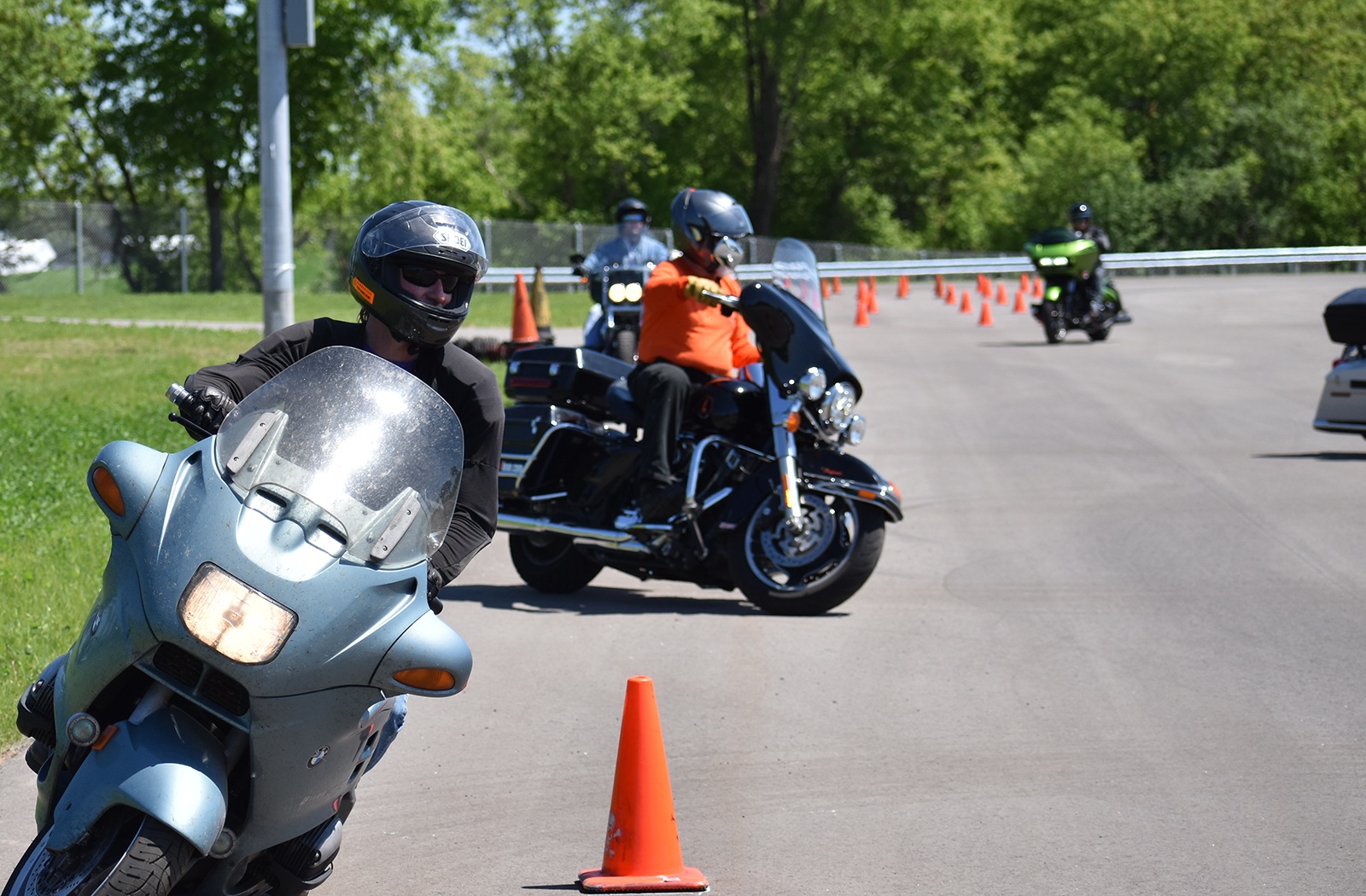
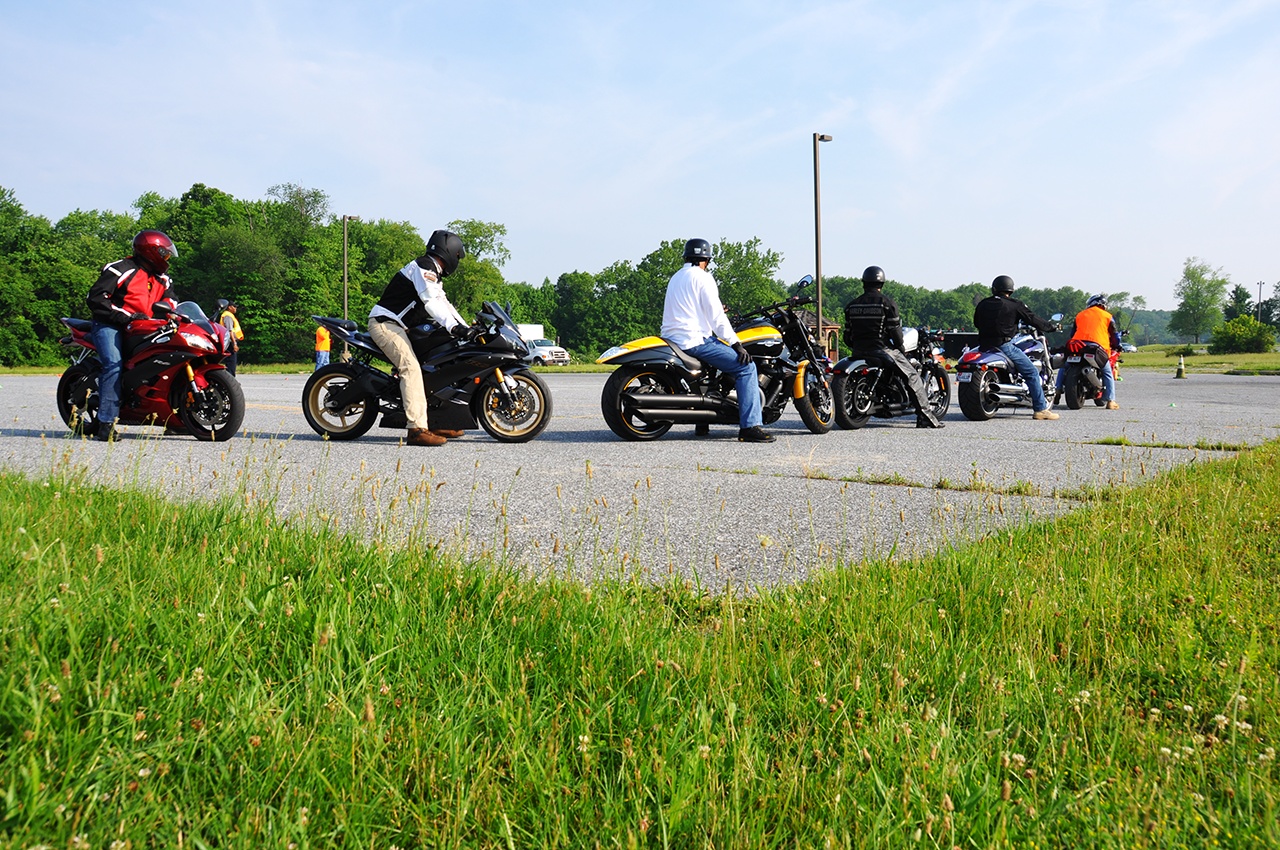
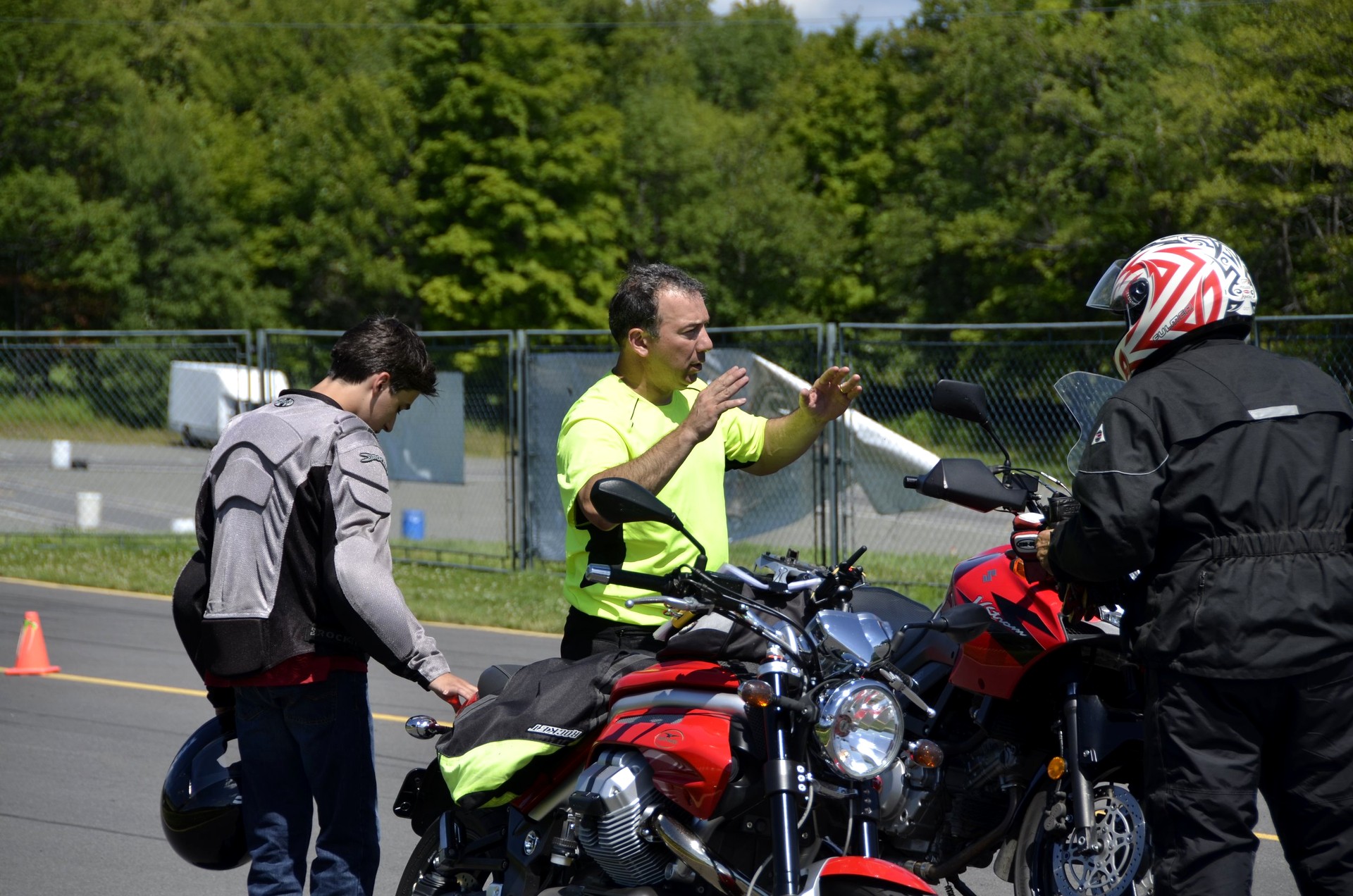


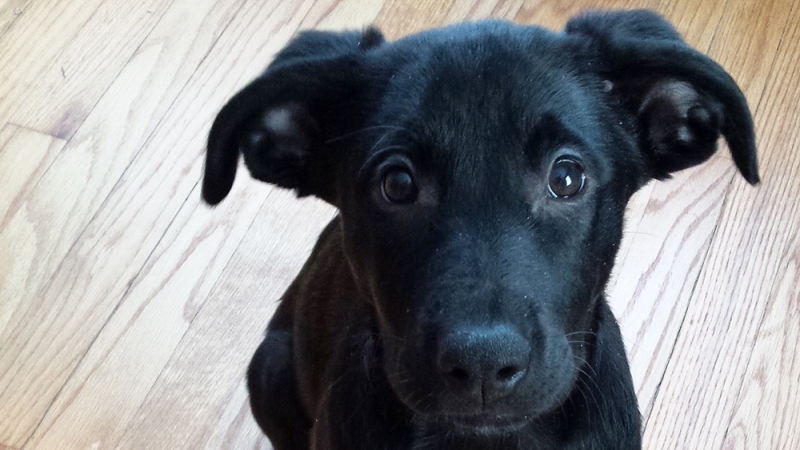

Comments
Yamaha Champions Riding School: Plusses: Great staff, rotating personalities, a wide variety of exercises in the paddock and on the track, constantly updating their program(s). Wide variety of entry points. Not everyone is expected to be a sportbike enthusiast. Instruction is group style, coaching is individualized. Minuses: A bit, not terribly though, heavy-handed on trail braking. It can't solve EVERY problem.
Good suggestion, Mark. I'll add that into the mix. All of those plusses make strong case and I agree about trail braking not being a miracle cure. I've also heard they can be a little too commercialized during class (heavy emphasis on the Yamaha brand). Being that they're the ones running the show, that only makes sense.
Well written, here in Australia our statistics are alarming in terms of older riders and deaths. Most only just took up riding. My theory is that they are on powerhouse cruisers. Rider training at 35 years old completely changed how I ride and was the one thing that saved my life many times. Awareness of my surroundings and a deep respect for my bike.
and I regularly listen to your Tidal playlist. Cheers Robin.
Thank you for the comment, Shaun. I think most people who visit this site enjoy bettering their skill set (perhaps as much as we enjoy carving through the curves). The challenge is inspiring anyone who hasn't learned something new for some time to value the opportunity to do so.
Rambling or not, that's the focus goal of my article.
"and I regularly listen to your Tidal playlist" ... so YOU'RE the one! 8-)